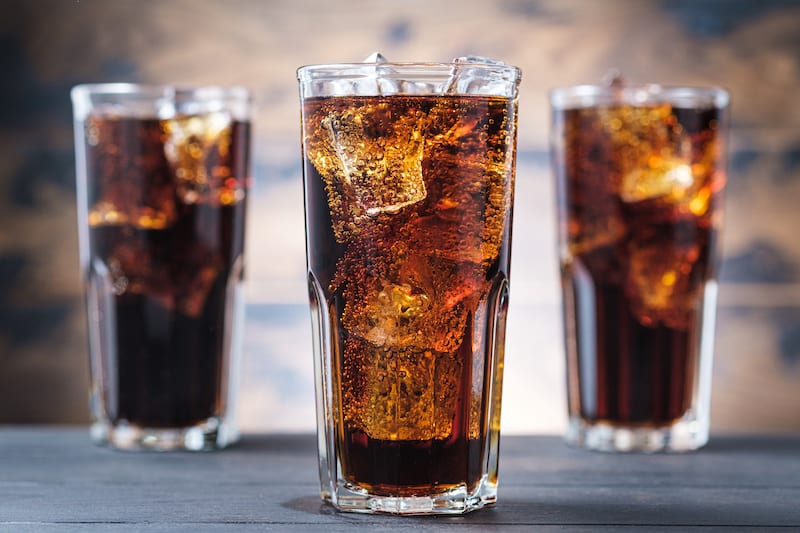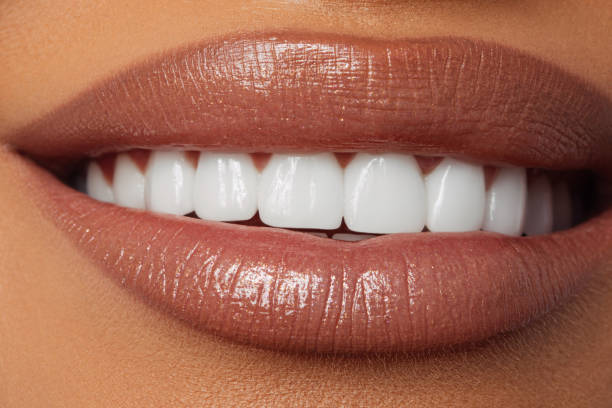Drinking a virus drink could be a great way to relax after a busy day, but there could also be health risks. These are the top five effects they can have on your body that are also the most dangerous.
Increased blood pressure
Serious illnesses can be a risk factor for people with hypertension. Thankfully, there are numerous approaches to managing your elevated stress levels. Men with chronic illnesses are better off treating their condition with Fildena 200 vs Viagra.
Changing one’s lifestyle is one of the best strategies. Although diet plays a significant role, you have access to a wide range of other options, such as filling breakfast beverages. Having a few drinks can significantly improve your cardiovascular health and lower your stress levels. But always keep in mind that you should consult your physician before making any big dietary adjustments.
It’s not the best thing for your pulse to drink cold water. It can result in various adverse effects, such as cognitive impairment and headaches. Moreover, cold water can negatively impact the absorbable structure. Therefore, it’s not a good idea to drink it while you’re incapacitated or experiencing an intense wave.
According to a few studies, tea consumption can help reduce systolic circulatory strain. This is especially clear if you regularly consume it. Another study found that the effects of espresso on pulse vary. It doesn’t give the impression that caffeine is the primary factor affecting pulse, regardless of the promotion.
According to the American Heart Association, men should only have two drinks of alcohol per day. Excessive alcohol consumption can elevate your blood pressure. Although alcohol has been shown to have certain benefits, it can also lead to weight gain and other problems. Maintaining control over your alcohol consumption is important in this regard.
One essential component of the human body is water. It comprises 73% of the heart. Research has indicated the potential impact of adequate water consumption on cardiovascular well-being.
Mucus build-up
If you are experiencing symptoms of illness and severe wheezing after drinking cold beverages, you may be developing bodily fluid deposition. At this point, the emissions that form in your throat get thicker and more difficult for you to get rid of on your own.
Body fluid is a natural defense mechanism that prevents infection from entering your body. It consists of a mixture of salt, water, proteins, and antibodies. Bodily fluids not only protect your sinuses and lungs, but they also keep your aviation routes clear.
A respiratory illness causes variations in the body’s fluid composition. Dark hues are associated with illness. Because of green bodily fluid, irritation is the cause. Possible side effects of contamination include hacking, fever, and migraines.
In the unlikely event that you encounter this, it is crucial to discuss the best course of action with your primary care physician or medication specialist. To lessen your side effects, you can also try a few DIY remedies.
It is possible to reduce the amount of bodily fluid that develops by consuming warm, soothing beverages like tea or milk. While you can rinse with warm water and salt, you should avoid consuming cold liquids.
You can also reduce the production of bodily fluids by avoiding particular types of food. Dairy products, red meat, handled meat, and alcohol, for instance, can all stimulate mucus.
Various factors that may contribute to the development of body fluids include dust, residue, and sensitivities. Avoiding these allergens will speed up your recovery and lessen the amount of bodily fluid that builds up in your throat.
The cells that comprise the sinuses and nose produce bodily fluid. It protects your lungs and captures pathogenic microbes. In addition, it has disease-fighting catalysts in it as well.
Extraneous body fluid can be uncomfortable and worsen your side effects. Some people swear that tasting hot water and consuming hot chicken soup will reduce the production of bodily fluids.
The immune system’s weakness
If you’re at all concerned about your health, you may have heard that drinking alcohol can negatively impact your immune system and increase the risk of viral infections, colds, and the flu. However, while it is true that alcohol can negatively impact your immune system, it is also true that consuming moderate amounts of alcohol may be a potent way to counteract the negative effects of binge drinking. Therefore, it’s critical to keep an eye on how much alcohol you consume so that you can better prepare to combat the common virus.
The best method to determine how much alcohol is appropriate for you to consume is to first determine your own needs and then assess your tolerance. Additionally, you should be aware of your dietary preferences and any current medications you are taking. Thankfully, a lot of medical professionals have cleared the air regarding your diet-related dynamic interaction.
While there has long been discussion about the potential health benefits of alcohol, it is now undeniably true that drinking can improve your overall well-being. In fact, some research suggests that consuming moderate amounts of alcohol can improve your overall health and help prevent cardiovascular disease. Tadalista 20 relaxes blood vessels.
You may need to think about the health effects of drinking cold water in the interim. Cold water consumption can have a number of detrimental effects, such as decreased white platelet counts and a slow heartbeat. Furthermore, the cold water may narrow your veins, which will make it more difficult for your body to eliminate infections. It’s also important to remember that some medical conditions are made worse by cold pressure, so you should never dehydrate in an attempt to relieve pain or swelling.
Tooth Sensitivity
There are a variety of side effects associated with tooth responsiveness, ranging from pain in extreme heat or cold to a slight deadness of the teeth. Fortunately, most cases of tooth responsiveness can be resolved without urgent dental care.
The best strategy to reduce the likelihood of experiencing tooth responsiveness is to maintain excellent oral health. You should be able to achieve this by regularly brushing and flossing your teeth. In the unlikely event that you typically have sensitive teeth, flossing can be especially helpful.
Determining the cause of the responsiveness is the most crucial step in fixing the problem. To determine the root of the problem, your dentist will examine your teeth. They might also use exceptional de-sharpening tools to treat the impacted teeth.
You are probably aware that gum disease can lead to insensitivity, but fractured or chipped teeth can also cause it. Tooth holding or crushing that is not necessary can also raise awareness. If there is a possibility that the problem is serious, a root trench might be a more unusual solution.
Defective chomps can cause responsiveness, but gum recession, a free or fractured filling, or an untreated hole can also cause it. Some people even develop an odd inclination to wait as a result of an old filling that has either rotted or become overly loose.
Drink plenty of water and avoid acidic beverages to reduce the likelihood that a hot or cold beverage will make you queasy. Similarly, try switching to an electric toothbrush or a gently shook toothbrush.
Around 40 million adults in the United States suffer from a common problem called tooth responsiveness, according to the Foundation for General Dentistry. The condition can be treated in a variety of ways, such as holding, facade, decorating, and crowning.
Achalasia
If swallowing food is becoming difficult for you, you may have achalasia. This issue affects the throat’s muscles and nerves, making it difficult for the body to pass food through it.
Achalasia may be exacerbated by a few factors. The most well-known instance involves damage to the throat’s nerves and muscles. In any event, the exact cause of the illness is not entirely known to researchers. A variety of theories include the immune system and domestic pressure.
The risk of developing an esophageal malignant growth increases with achalasia. Research has indicated that individuals with achalasia may be up to 8% more likely to develop a throat injury over a 20-year period.
Additionally, the issue increases the risk of stifling. People with achalasia must stay hydrated to prevent stifling and avoid gagging. Warming up your drinking water could be beneficial. Warm water can aid in the removal of toxins from the body and aid the digestive system.
For some people, drinking cold water can give them migraines. Furthermore, consuming cold water can exacerbate achalasia’s side effects.
Achalasia patients reported in a concentrate by Triadafilopoulos and associates that when they hydrated, the esophageal body’s constriction was less effective. The resting strain of the LES is reduced by heated water.
A few medical professionals agree that a viral infection may cause achalasia. Chalalia’s side effects can also resemble those of GERD, or gastroesophageal reflux disease.
Achalasia side effects may be lessened by consuming hot food sources, according to a few tests. Patients with achalasia occasionally prefer hot food varieties over cold food varieties.
Medication can help reduce the adverse effects of achalasia. However, patients with achalasia often need to take several medications before their side effects subside.





